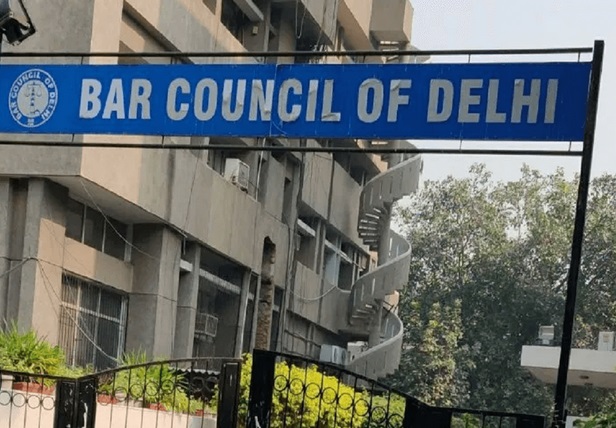
The single bench order of providing financial assistance to the Chief Minister’s Advocates Welfare Scheme has been challenged by the Bar Council of Delhi (BCD) in a two member bench of the High Court. The single bench had said that in view of the budget being more than Rs 50 crore, the BCD itself should contribute to the scheme.
A bench of Chief Justice Satish Chandra Sharma and Justice Subramaniam Prasad has issued notices to the Central Government and the Delhi Government seeking their response in this matter. The single bench had said in an order of the year 2021 that in view of the government’s deficit budget, the BCD should give the remaining amount for the scheme from its fund or collect the contribution from the lawyers and the amount from the beneficiaries. The same has been challenged by the BCD before a two-member bench.
The BCD, in its appeal, has said that government schemes are meant for all and cannot be discriminatory. Therefore it is the responsibility of the government to set up adequate infrastructure including finance for the implementation of the scheme. All lawyers are equal and they are all entitled to benefits. They cannot be denied benefits on the basis of arbitrariness or lack of budget.
The Delhi High Court held that the Right to Information (RTI) is applicable to citizens of India as well as non-citizens. Denying this to non-citizens is against the Constitution of India as well as the RTI Act.
Justice Pratiba Maninder Singh said that according to Section 3 of the RTI Act, there is a right to information for all citizens. But this right does not deprive or prevent a non-citizen. To deny this to non-citizens would be against the RTI Act. Such absolute prohibition cannot be read into the RTI Act.
The justice also made it clear that non-citizens can be given the same information as is permitted under the law and the Constitution. Taking it in the affirmative whenever a non-citizen asks for information, it will be at the discretion of the authorities whether to disclose such information or not.
The court said this while hearing a petition filed by AS Rawat, posted as Public Information Officer (PIO) in the Central Tibetan School Administration (CTSA). Rawat challenged the order of the Central Information Commission (CIC) imposing a fine of Rs 2,500 on him. The fine was imposed after the PIO refused to provide information to a teacher named Dawa Tashi, who had sought information from the CTSA about his confirmation letter as well as other benefits.
The information was denied on the grounds that Tashi was a Tibetan citizen. The CIC ordered the PIO to provide the information to the applicant and imposed a penalty terming his conduct as malafide.

















